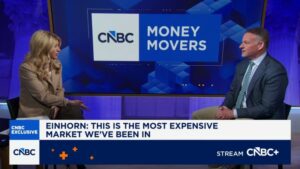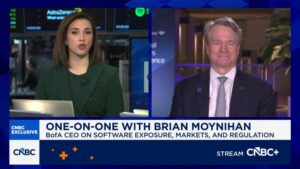If I was curious about the stock market but had never put a penny in before, I would not let years or even decades pass to start investing. Rather, I would begin now, on a small scale. Here’s how.
Setting up a share-dealing account
My first move would be a practical one. To buy shares I would need some sort of share-dealing account.
So I would choose the account that suited me best, whether a straightforward share-dealing account or Stocks and Shares ISA. Then I would deposit my £250, so I was ready to start investing as soon as I found shares I wanted to buy.
Principles of good investing
I would start as a I meant to go on. So for example, even with just £250, I would still seek to diversify rather than risking all of my funds in one share. I might split the £250 across a couple of different shares, for example.
I would also take the approach of what I think it takes to be a good investor. So I would stick to businesses I understand, focus on firms I think have a bright future and also make sure not to overpay even for a share I liked.
There is no rush. If I could not find shares I liked at prices I also liked, I could wait before buying.
Looking for shares to buy
As an example of putting that approach into practice, one share I think investors including new ones should consider buying is British American Tobacco (LSE: BATS).
The company makes and sells tobacco products worldwide, mostly cigarettes, but an increasing part of the sales come from other products such as vapes.
Tobacco is big business and it is highly profitable. British American’s unique line-up of brands gives it pricing power. That has helped fund a dividend that is not only lucrative (the current yield is 8.7%) but also has a long track record of growth. Indeed, the dividend per share has increased every year this century.
Balancing risk and reward
Still, all shares have risks and that is true of British American. Cigarette sales are declining in many markets and the company has a sizeable debt load. That could threaten the long-term sustainability of the juicy dividend.
Balancing risks and rewards is a key skill for investors from the day they start investing onwards. We each have an individual approach and what works for someone else might not be right for you, or me.
I think British American has clear and sizeable risks, but I own it because I think the potential passive income streams from its dividend more than compensate for them.
On top of that, some of the risks facing British American have already existed for decades and it is still generating sizeable free cash flows.
This post was originally published on Motley Fool







